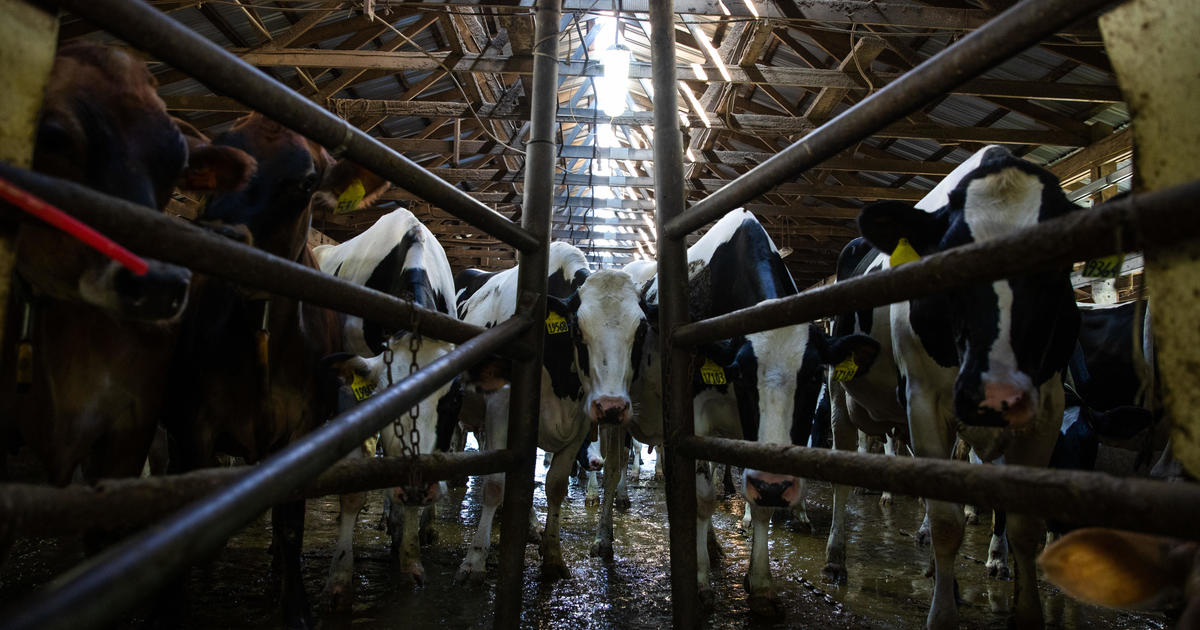You think they’ll jack up the price of milk anyway?
I mean, there was no shortage of eggs and eggs went up to over 10 bucks a dozen at one point… somehow prices magically came down as soon as the government threatened a rico investigation. interesting, innit?
surely nothing bad will come of breeding billions of cows in confined spaces
We don’t have nearly that many cows in the US. Surprisingly, just under 30 million. Even worldwide we only hover around 1 billion.
Damn I hope oats can’t catch the flu.
This marks the first time the bird flu has been found in dairy cattle, the American Veterinary Medical Association said, and the findings came just days after the virus was detected in goats on a Minnesota farm. In the fall, the bird flu also hit the polar bear species for the first time, killing one of the bears, and it has also spread to marine animals, killing tens of thousands of seals and sea lions.
Bird flu was suspected of impacting U.S. cattle after dairy cows were found to be experiencing “decreased lactation, low appetite and other symptoms,” agencies said in a joint news release. On March 25, they said milk samples showed two farms in Kansas and one in Texas were impacted. A swab from another dairy farm in Texas also yielded a positive result, they said.
Bird flu was later found in a Michigan herd that had recently received cows from Texas, and “presumptive positive test results have also been received for additional herds in New Mexico, Idaho and Texas,” officials said.
…
While impacted cattle are experiencing a decline in how much milk they produce, the government said that so far, the milk loss “is too limited to have a major impact on supply.”
“There should be no impact on the price of milk or other dairy products,” the agencies said. “Further, the U.S. typically has a more than sufficient milk supply in the spring months due to seasonally higher production.”
There is also no concern from the agencies that milk in the commercial supply is unsafe. All milk products must be pasteurized and only milk from healthy animals is allowed to be sent to processing for human consumption, they added.
I’m sure the lessons we learned from Covid will stand us in good stead /s
It’s times like these I’m glad I moved away from cow milk.
Not that the companies wont see the potential profits from jacking up the prices anyway.
Glad I drink pasteurized milk.






